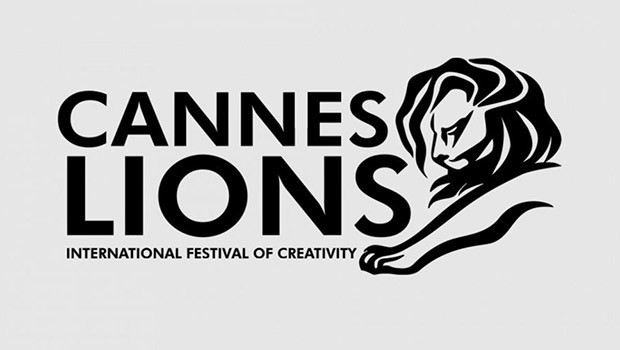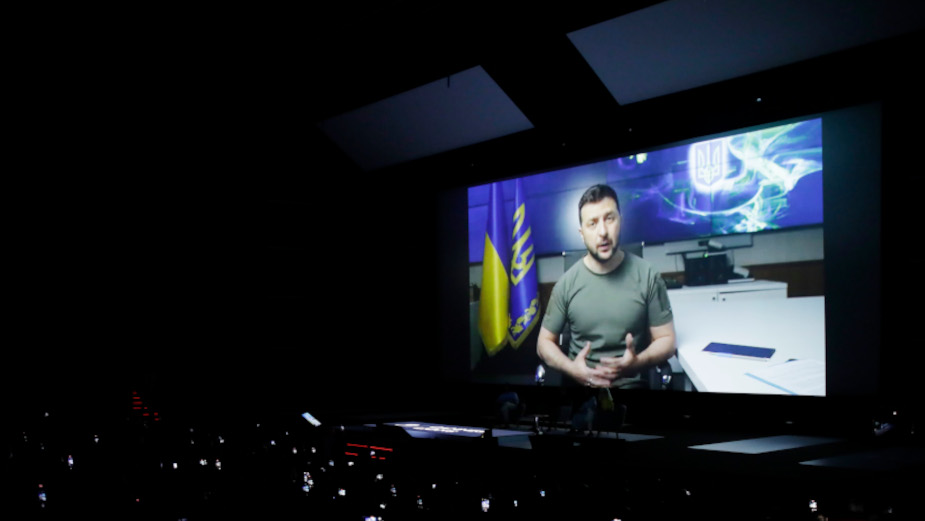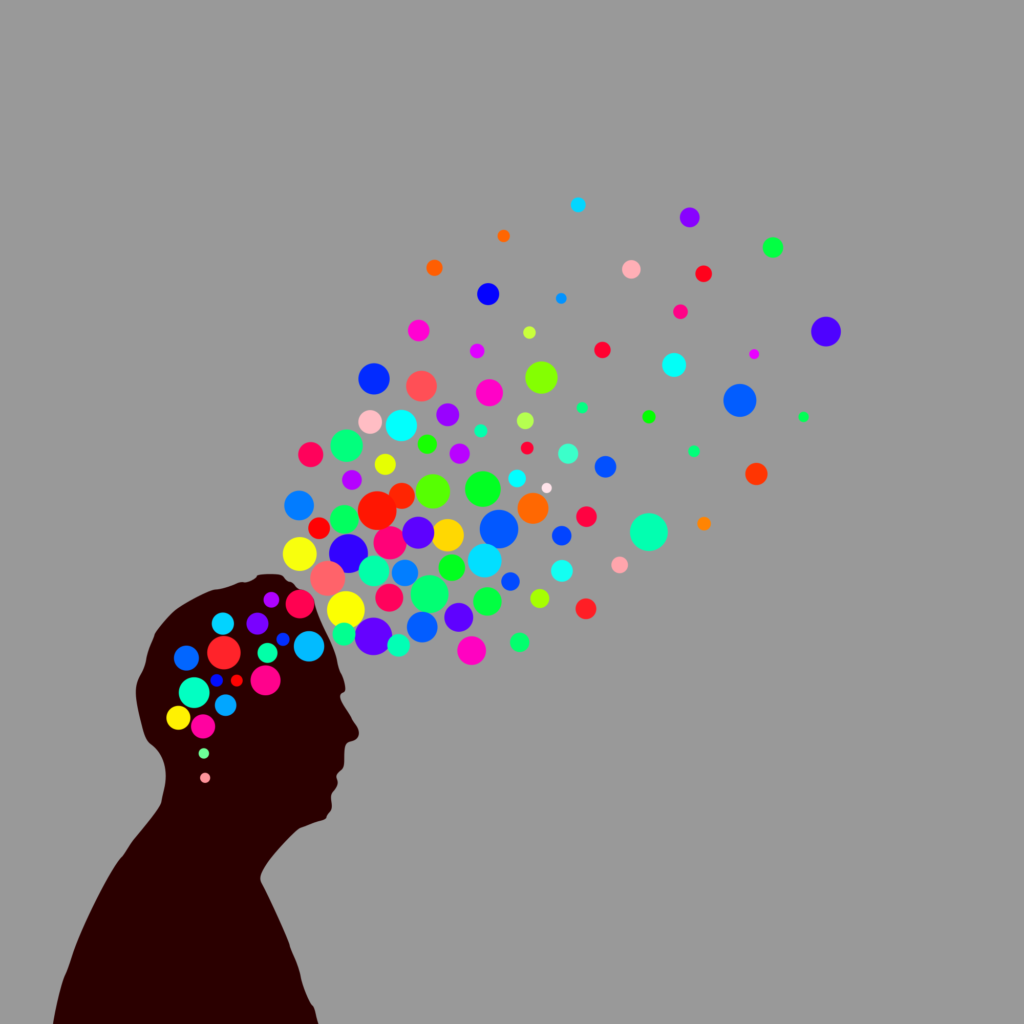Zelenskyy: “Please do not let the world switch to something else”.

26 June 2022 (Cannes, France) – This past week I attended the Cannes Lions Festival of Creativity – an advertising conference as famous for its rosé-soaked yacht parties as its agenda-setting discussions and deals. Although this year the event was significantly subdued, the industry was still recovering from COVID and adapting to the turbulent global economy, plus dealing with the advances of social media in areas normally reserved for the mainstream advertising players.
This was my 16th (and last) attendance as this year I have left the conference/trade show circuit. But Cannes Lions being my favorite event, I wanted to end the circuit here. Later on this week I’ll write a longer piece on the value of this festival to the industries and ecosystems in which I have both worked and followed: advertising, digital technology, legal technology, media, mobile technology and software development.
But for those of us who run the the conference/trade show circuit we know the “real world” always has a nasty habit of intruding and such was the case this year. God, I am fed up with living in unprecedented times.
On the first day of Cannes Lions 2022, the audience witnessed an address from Ukraine’s president Volodymyr Zelenskyy:

During the “Creativity Under Bombs” session where Ukrainian creatives took to the stage, the participants were virtually joined by the country’s leader who spoke directly to the advertising community. In the video, he says:
“Our brave soldiers, our brave defenders are fighting back against the Russian army. 117 days ago, everything changed for Ukraine, we are defending against a nuclear state that has unlimited access to money and has disregarded any limits on violence.
I’ll be honest with you, the end of this war and its circumstances depend on the world’s attention. And that’s why I need allies. We need people like you. You are the most creative people in the world, always on the cutting edge, whether it’s the refugee flag or the ALS ice bucket challenge or the rivers of light. Every time, you find words and images to reach the depths of the human soul. You make people talk about issues everyone would otherwise overlook.
I’m sure that you will do a lot more to promote Ukrainian bravery. Your campaigns and your work will make our fight for freedom legendary, because we are fighting not only for our own freedom, but for the freedom of the entire democratic world. For all of those who cannot even imagine the extent of tyranny and censorship that exists in Russia. Now you can bring peace to Europe simply by applying your professional qualities.
I believe that the power of human creativity is greater than the power of a nuclear state that is stuck in the past. Speak of Ukraine, don’t let the wall switch to something else. The world must remember that Ukraine is fighting for freedom. This fight must end in our victory as soon as possible. Your every success will mean saving 1000s of lives. Thank you. Glory to Ukraine”.
Yes, marketing professionals. Because like it or not, this war must be continually “sold” to the public. The West faces the “F word” – fatigue. The short “Tik-Tok” attention span of the West needs to be harnessed and channelled if Russia is to lose its aggressive war with Ukraine and the West. Whether the conflict lasts a year or a decade depends on what happens this year in Ukraine.
Audiences need to be targeted and narrative strategies formulated. Appeals to emotion are needed to create the meaning, resolve and resilience that need to be boosted in every sector of our communities. We need to act as if it’s total war even if war hasn’t been formally declared. Otherwise the West risks condemning Ukraine to slow strangulation.
Because if we take our eyes off the ball, due to the news cycle’s hunger for novelty, the relentless drive of media organisations for profit, and the human tendency to wish to avoid and deny unpleasantness, we will as societies lose our focus on winning in Ukraine. That’s what Putin is banking on.
The political heat is already on:
• Joe Biden stares at defeat in the November Congressional mid-term elections and the effective end of his presidency, with Donald Trump or Ron Desantis the bookies’ favorite to win the White House in 2024.
• Emmanuel Macron appears paralysed after losing his parliamentary majority and seeing the French electorate hand nearly 90 seats to the “Putin-ist” Marine Le Pen
• Germany’s chancellor, Olaf Scholz, has already lost elections in two states and struggles to convince that his turning point on defence represents a change of German mindset.
• In Italy, the prime minister, Mario Draghi, one of the steadiest European voices on Ukraine, is under pressure over arm sales to Kyiv and has seen his foreign minister, Luigi di Maio, quit the Five Star Movement to form another parliamentary group to back him.
• In the UK, Boris Johnson has survived a no-confidence vote within the Tory party but now seems to see populist domestic dividing lines, not Ukraine, as his route to salvation.
• The socialist-led government in Spain, which host hosts this week’s NATO summit, has just seen itself obliterated in provincial elections in Andalusia – previously the bastion of socialism and where 20% of Spanish voters reside.
• Bulgaria’s six-month-old governing coalition, which had been the leading anti-Russian government in the Balkans, fell in a confidence vote on Wednesday, a situation that could lead to a new Russian ally in the EU.
Not all these crises can be attributed directly to Ukraine, or to any voter sympathy for Putin, but the growing economic spillover from the war hardly make incumbents popular. The old adage “foreign policy is not important until suddenly it is very important” has never been more true.
And on the battlefield, Ukraine’s own defence industry had been destroyed and its stocks of old Russian weaponry exhausted, leaving its military dependent on western life-support. The shortage of artillery vehicles would turn into a tank shortage in two or three months on the basis of the current attrition rate and the loss of Ukraine’s production line in Kharkiv. Supplying tanks requires longer preparation time in terms of logistics and training rather than ammunition.
NOTE: when I return to my Ukraine War coverage next week, I will provide a more detailed summary of the political, military, economic and influence battles.

World wars don’t start with a bang. There may be a tipping point or a trigger event but the build-up will have gone on for years leading to a perfect storm of events and political tides, a constellation of economic and military readiness, and a threat that cannot be avoided. Churchill saw the Second World War coming in the early thirties when the German war machine started cranking up in breach of the Versailles Treaty. The world was too busy having a good time while Jews were being kicked in the streets of Berlin.
The Russian-Ukraine War has been an ongoing war between Russia (together with pro-Russian separatist forces) and really began in February 2014 following the “Ukrainian Revolution of Dignity”, and was initially focused on the status of Crimea and the Donbas, internationally recognised as part of Ukraine. The first eight years of the war included the Russian annexation of Crimea (2014) and the war in Donbas (2014–present) between Ukraine and Russian-backed separatists, as well as naval incidents, cyberwarfare, and political tensions. The full-scale invasion of Ukraine in February 2022 was merely a continuation.
Whether the conflict lasts a year or a decade depends on what happens this year in Ukraine. As Zelenskyy pleaded at Cannes Lions “Please do not let the world switch to something else”.